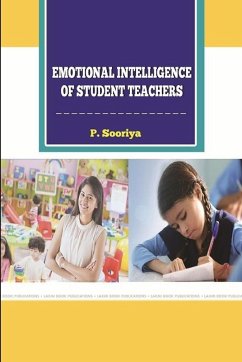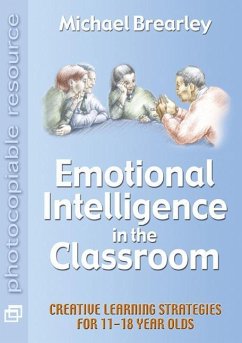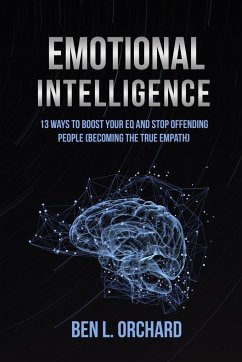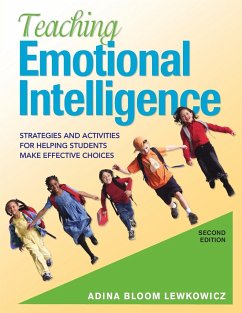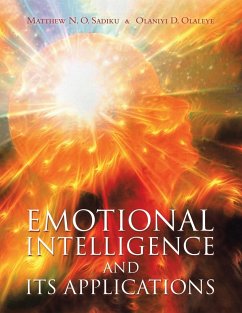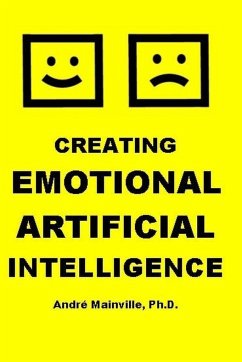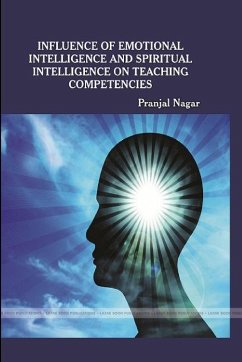Nicht lieferbar
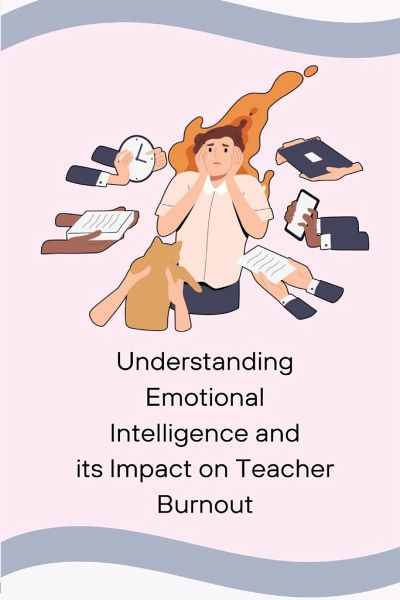
Understanding Emotional Intelligence and its Impact on Teacher Burnout
Versandkostenfrei!
Nicht lieferbar
The purpose of this quantitative correlational predictive study was to examine if a predictive relationship existed between emotional intelligence and the dimensions of burnout among K-8 teachers in the United States. The trait emotional intelligence theory and the Maslach burnout model provided the foundation for the study. The sample included 107 kindergarten through 8th grade teachers teaching in the United States for at least two years. Participants were recruited via Facebook. The overarching research question asked, to what extent does a predictive relationship exist between emotional in...
The purpose of this quantitative correlational predictive study was to examine if a predictive relationship existed between emotional intelligence and the dimensions of burnout among K-8 teachers in the United States. The trait emotional intelligence theory and the Maslach burnout model provided the foundation for the study. The sample included 107 kindergarten through 8th grade teachers teaching in the United States for at least two years. Participants were recruited via Facebook. The overarching research question asked, to what extent does a predictive relationship exist between emotional intelligence as measured by the TEIQue-SF and burnout (which includes three dimensions) as measured by the MBI-ES. Three hypotheses were associated with the three dimensions of burnout: depersonalization, emotional exhaustion, and personal accomplishment. Two self -report instruments were used to collect primary data, the Trait Emotional Intelligence Questionnaire Short Form (TEIQue-SF) and the Maslach Burnout Inventory - Educator's Survey (MBI-ES). Results of the linear regression model predicting emotional exhaustion based on emotional intelligence were significant, F(1, 103) = 39.22, p = .001, R2= .276, for predicting depersonalization were significant, F(1, 103) = 32.06, p = .001, R2 = .237 and for predicting personal accomplishment were also significant, F(1, 103) = 46.17, p = .001, R2 = .310. Based on the findings and previous literature, school leaders interested in preventing burnout among their teaching staff should invest in emotional intelligence professional development training. Keywords: Trait emotional intelligence, burnout, emotional exhaustion, depersonalization, personal accomplishment, teachers, Trait Emotional Intelligence Questionnaire, Maslach Burnout Inventory.






